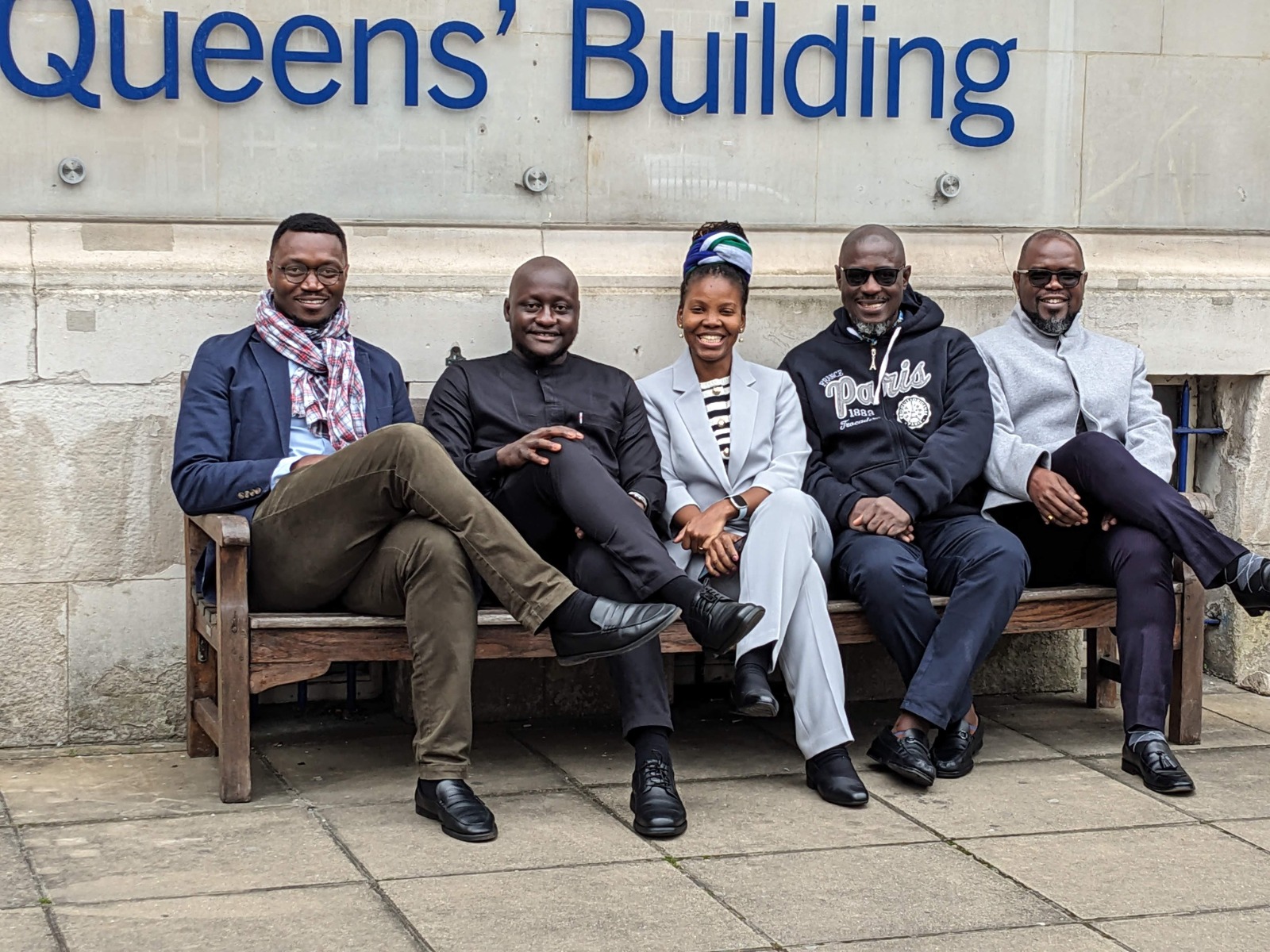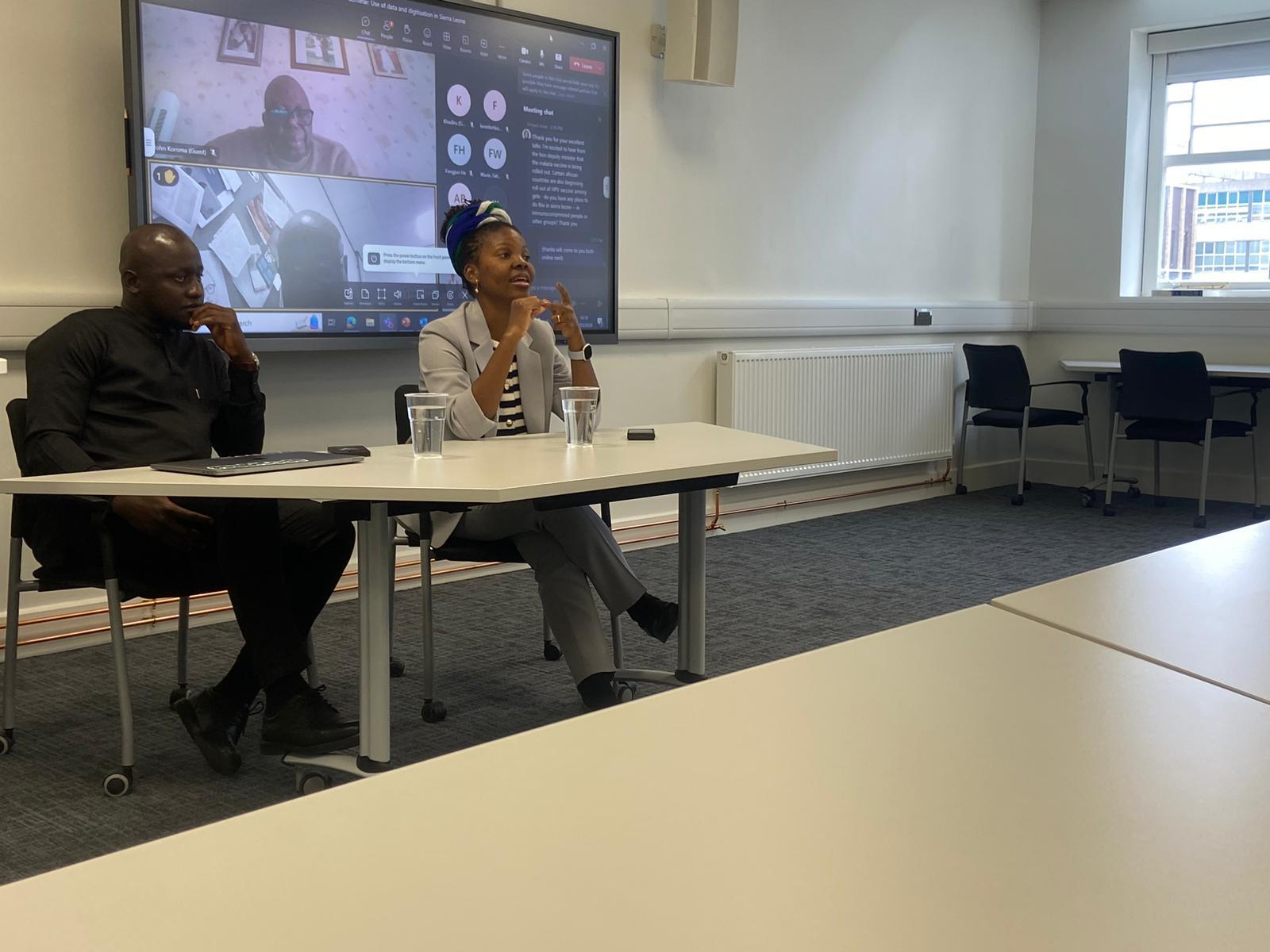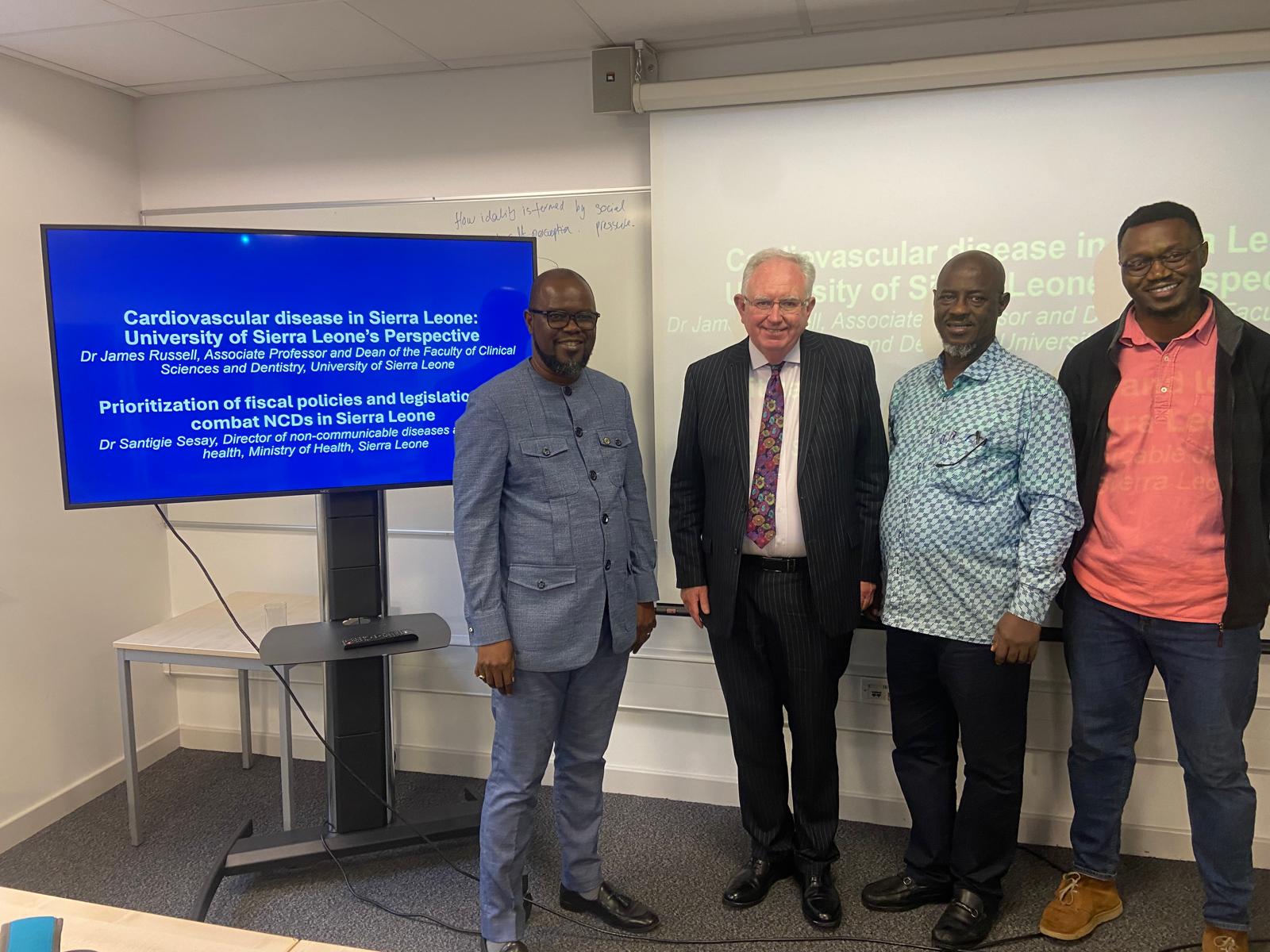Sierra Leone’s progress in reducing maternal mortality has been recognised both locally and internationally. The country is on a mission to rebrand its global image from one of the worst places to become a mother to the countrywith one of the steepest declines in maternal deaths in the Africa subregion. In just two years, maternal deaths have been slashed from 1165 to 717 and from 717 to 443. The Ministry of Health (MoH) is further determined to reduce these figures down to 300 by 2025. All this is part of determined efforts by Sierra Leone to work towards achieving Universal Health Coverage for its nearly 8 million people by 2030.
The MoH is tasked with the responsibility of leading this charge on the local and international stage by strategically forging better partnerships and effectively enhancing collaboration with likeminded individuals and institutions. In this regard, an MoH delegation, led by the Deputy Minister of Health II, Dr. Jalikatu Mustapha, between 25th -29th March 2004, was invited on a five-day working visit to the Queen Mary University of London in March this year, to explore potential areas of collaboration, research and partnership.
The delegation included the Director of Non-Communicable Diseases, an Associate Professor of Medicine and Cardiologist from the University of Sierra Leone, among others. Dr. Mustapha and her team held very productive engagements with various institutes, including the Wolfson Institute of Public Health and the Digital Environment Research Institute (DERI).
 Part of the Sierra Leonean delegation, led by the Deputy Minister of Health II, Dr. Jalikatu Mustapha, central, as they pose for a snapshot after very fruitful deliberations.
Part of the Sierra Leonean delegation, led by the Deputy Minister of Health II, Dr. Jalikatu Mustapha, central, as they pose for a snapshot after very fruitful deliberations.
In one of the sessions on “Achieving Universal Healthcare in Sierra Leone’,” Dr. Mustapha
outlined key components of the Ministry’s strategy and reiterated the government’s commitment to transform healthcare for the Sierra Leonean population.
She stated, “transforming and improving our healthcare system is not an aspiration – it’s a moral and professional obligation.”
Part of President Julius Maada Bio’s vision of achieving Universal Healthcare is to invest heavily in healthcare infrastructure across the country to have a landing zone for all young medical graduates to practice their profession. Several new facilities constructed and unveiled throughout the country including a recently completed paediatric centre of excellence at Lumley in Freetown to provide specialized treatment for children. The nearly 200-bed facility is regarded as one of the best in the Africa sub-region and it demonstrates a bold commitment and political willingness that the country is ready to step up efforts to provide quality healthcare for all.
For Dr. Mustapha, the Deputy Minister II, the goal is to provide universal health coverage to all citizens by 2030 and that means that the Ministry now needs to redirect its focus from primary healthcare to preventive care.
“Given the high burden of cardiovascular diseases we are faced with as a country, it cannot be business as usual,” she says.
She went on to say; “we are therefore truly excited to embark on this innovative, forward-thinking collaboration with Queen Mary University of London (QMUL).”

Deputy Minister of Health II, Dr. Jalikatu Mustapha delivering a statement in of the many sessions at QMUL.
From the visit, the MoH team expressed keen interest in collaborating with QMUL in different areas including teaching and medical research. This move is to strategically position young medical professionals for opportunities to engage in joint research and meaningfully contribute to developing the medical ecosystem.
On his part, the Director of Non-Communicable Disease and Mental Health, Dr. Santigie Sesay, emphasized the need to integrate non-communicable disease care into existing primary healthcare services and other neglected tropical disease programmes to address the disproportionate allocation of funds by bilateral partners.

Part of the MoH team meets with Professor Sir Mark Caulfield, Vice Principal for Health for Queen Mary’s Faculty of Medicine and Dentistry before a briefing session at QMUL
This very highly productive and educative visit ended with the possibilities of , a very serious public health challenge the country is currently grappling with.
Professor Oyebode, a professor of Public Health from the Center of public Health and Policy commented, “we are excited to be extending our focus to Sierra Leone. Building on previous expertise in developing, implementing, and evaluating evidence-based public health policies internationally, we will be focusing on understanding salt consumption behaviours, with the aim of supporting the development of a national alliance and delivering targeted interventions.”
This visit marks another significant step forward in the Government’s firm commitment to achieving universal health coverage, as repeatedly emphasized by His Excellency, President Dr. Julius Maada Bio, both locally and internationally.

